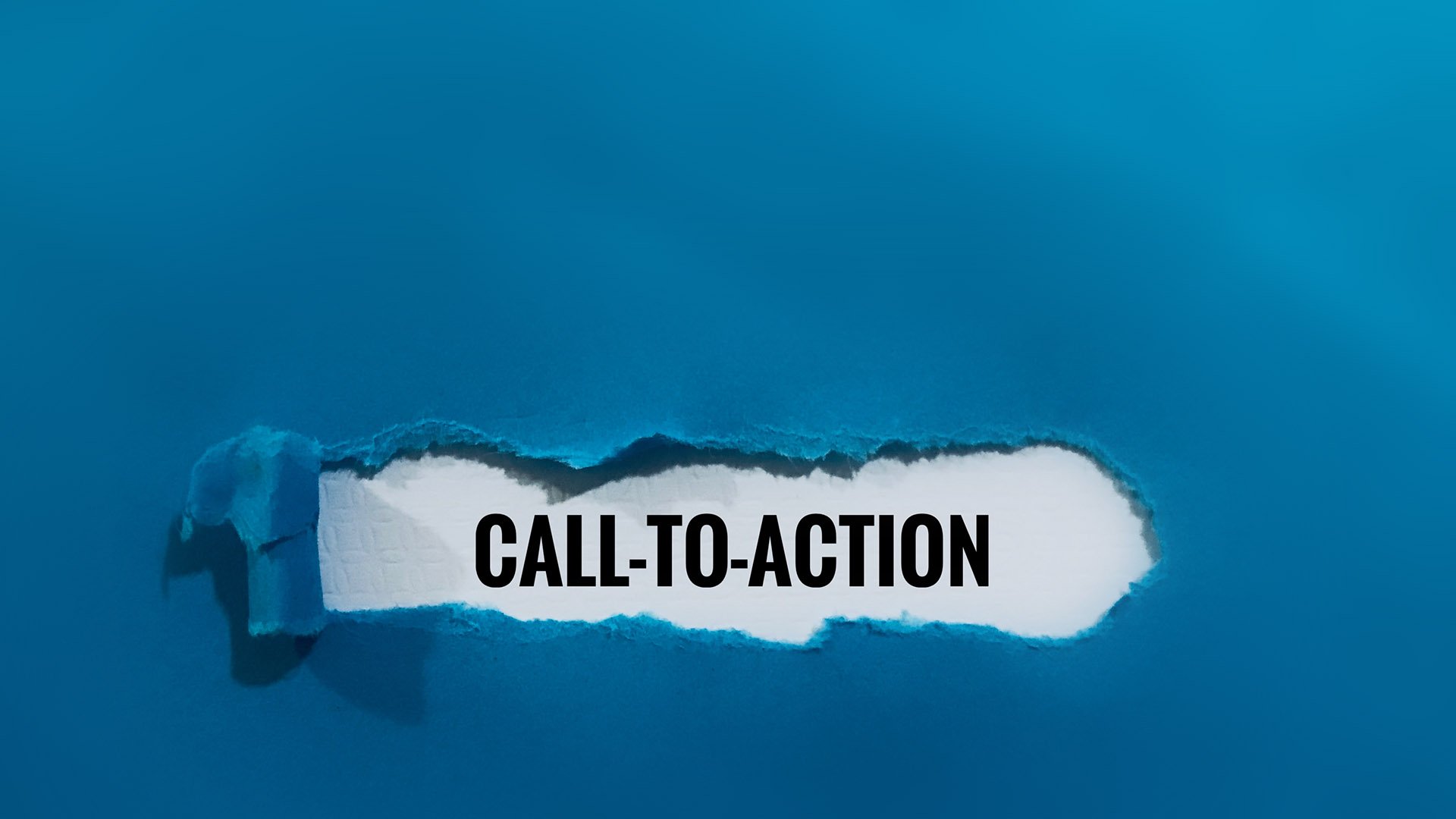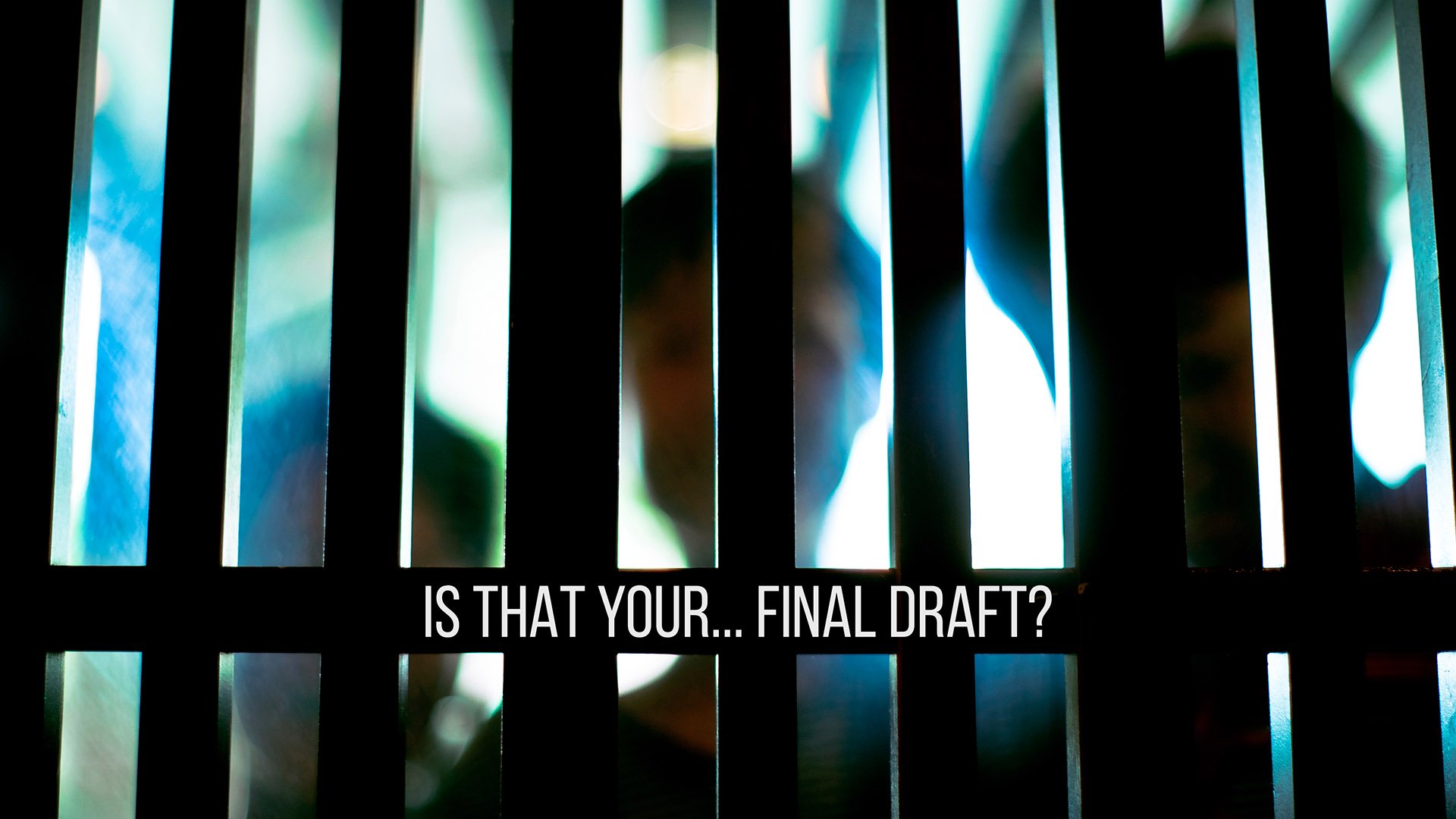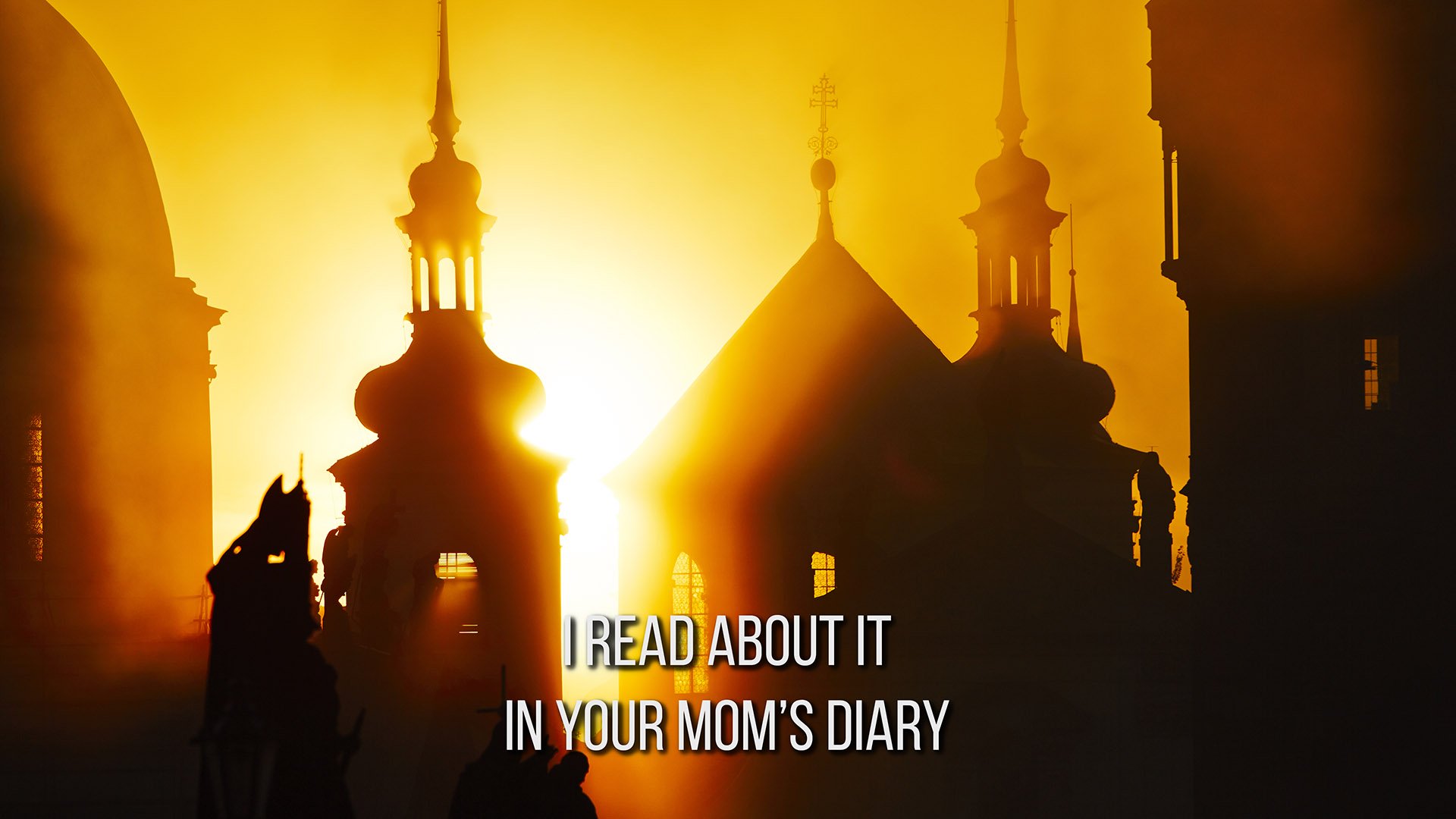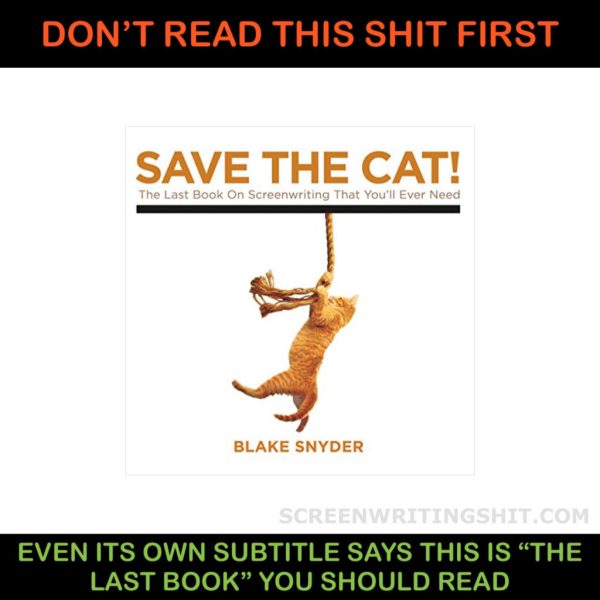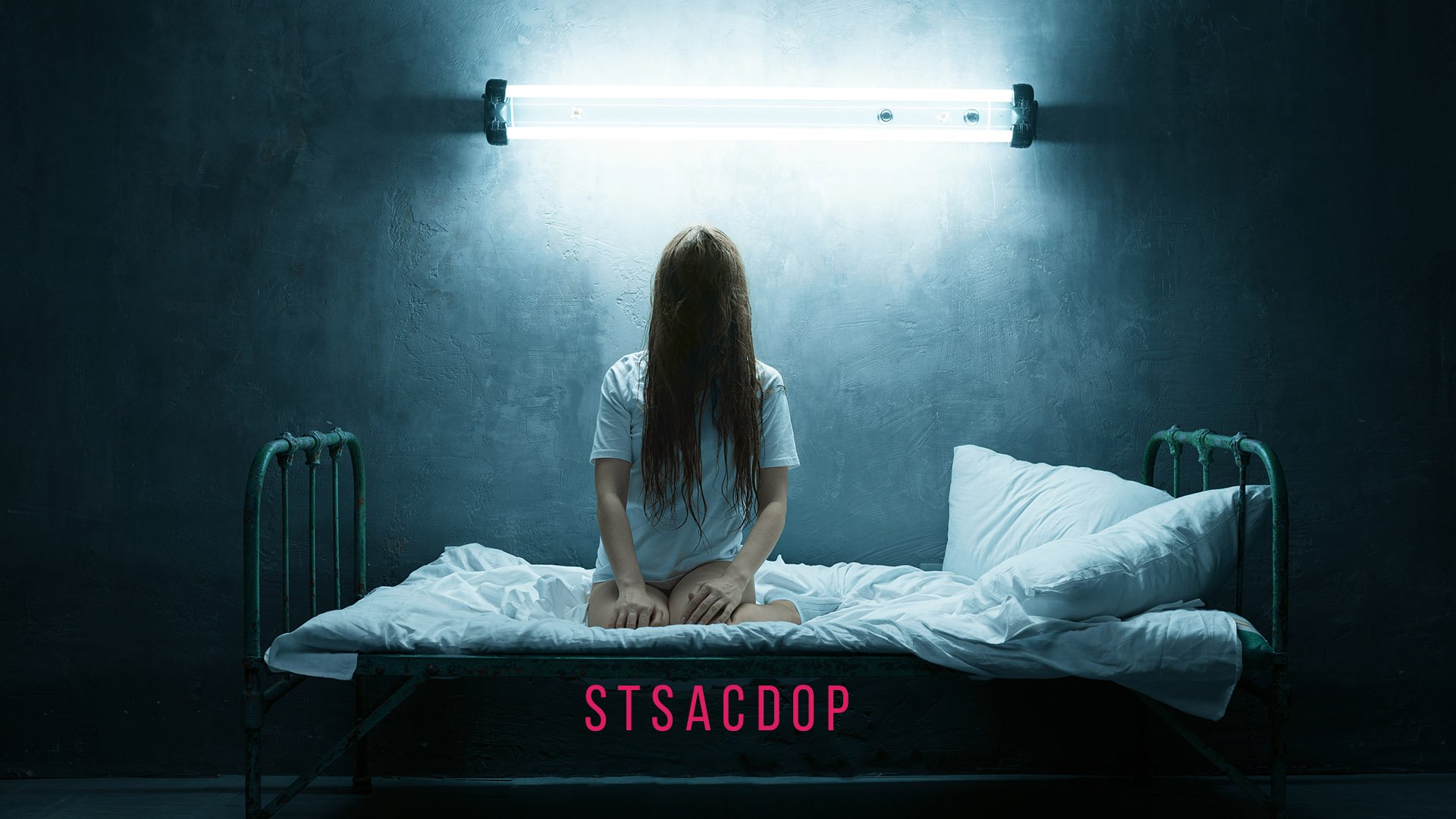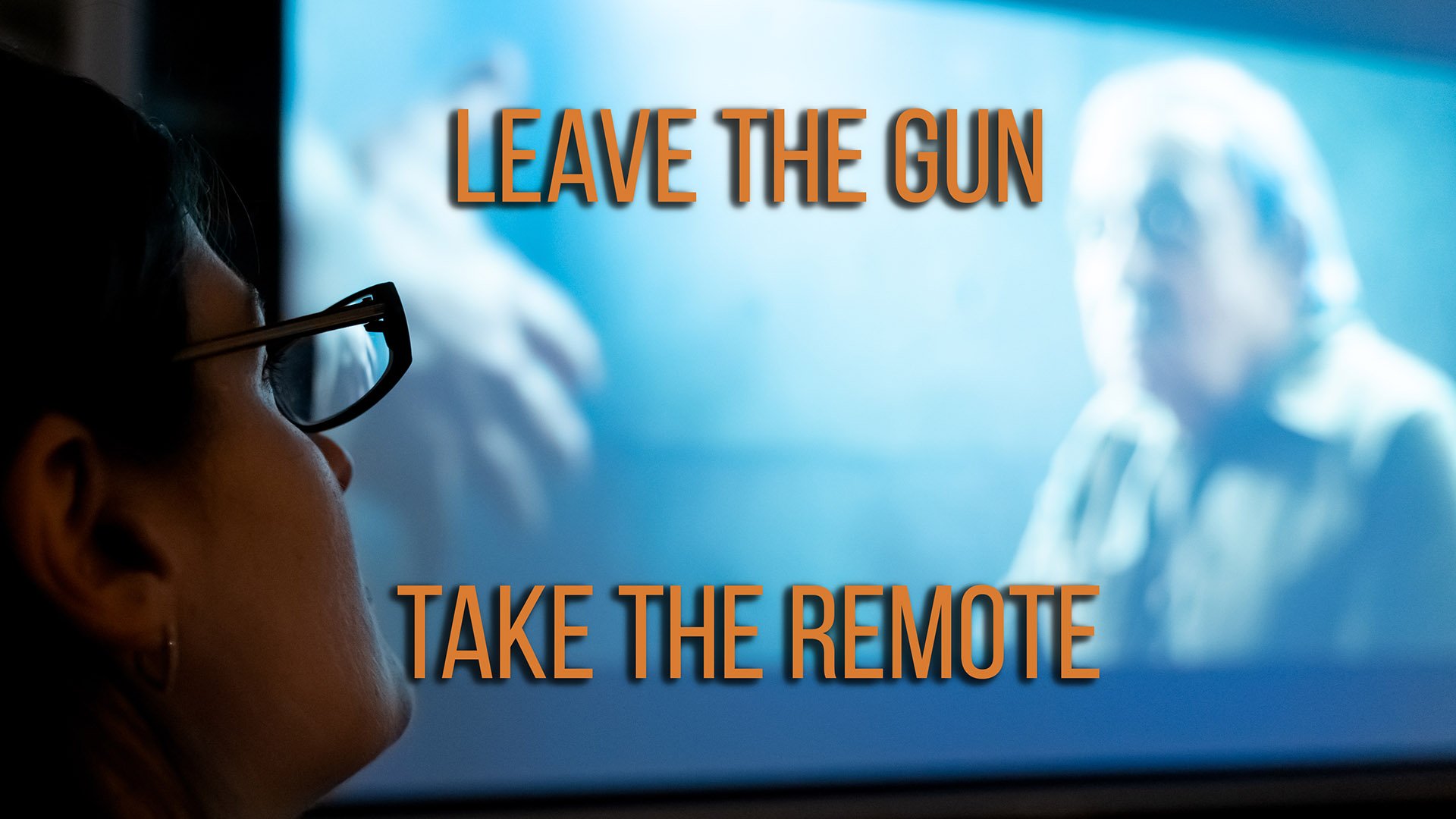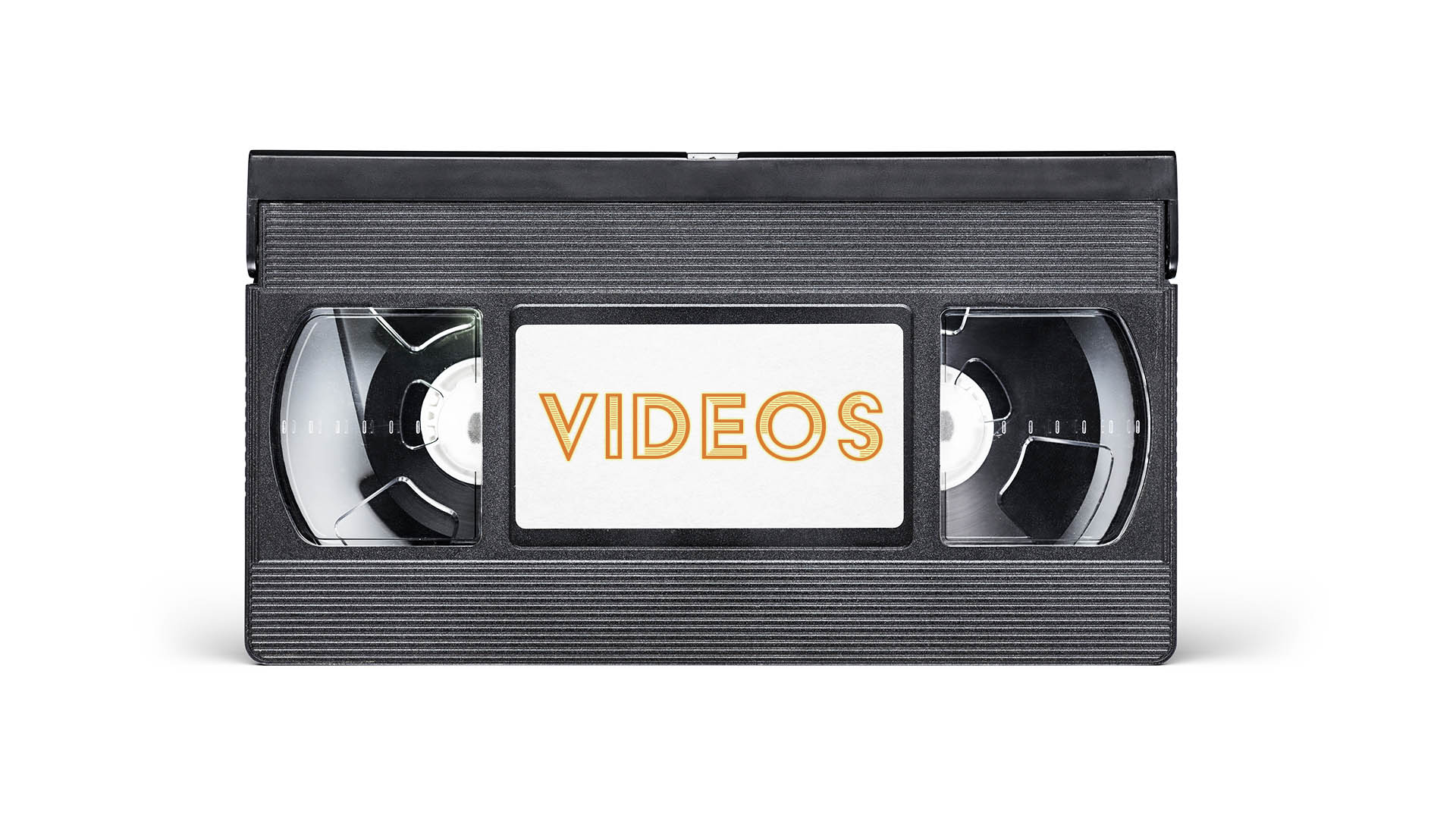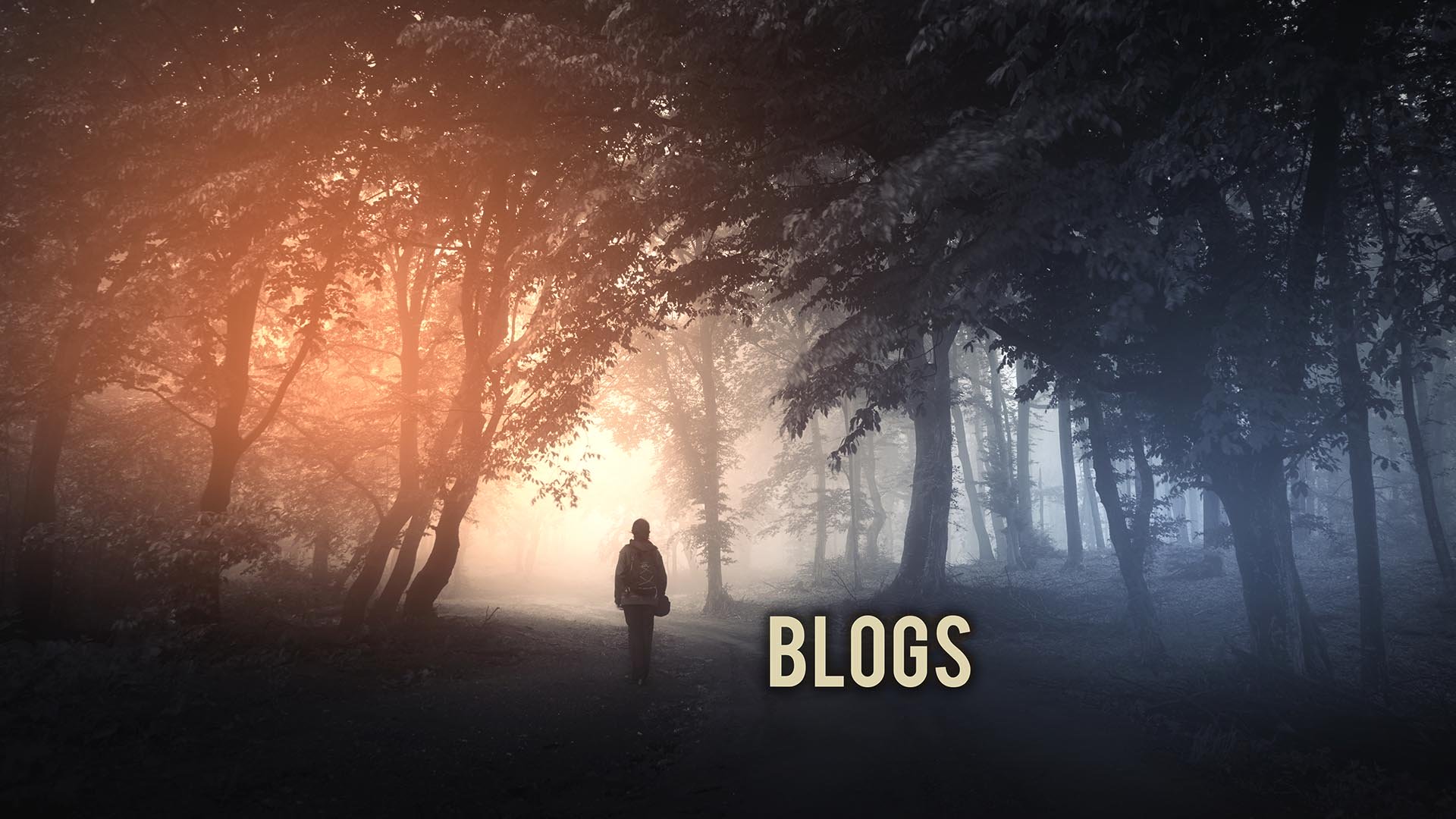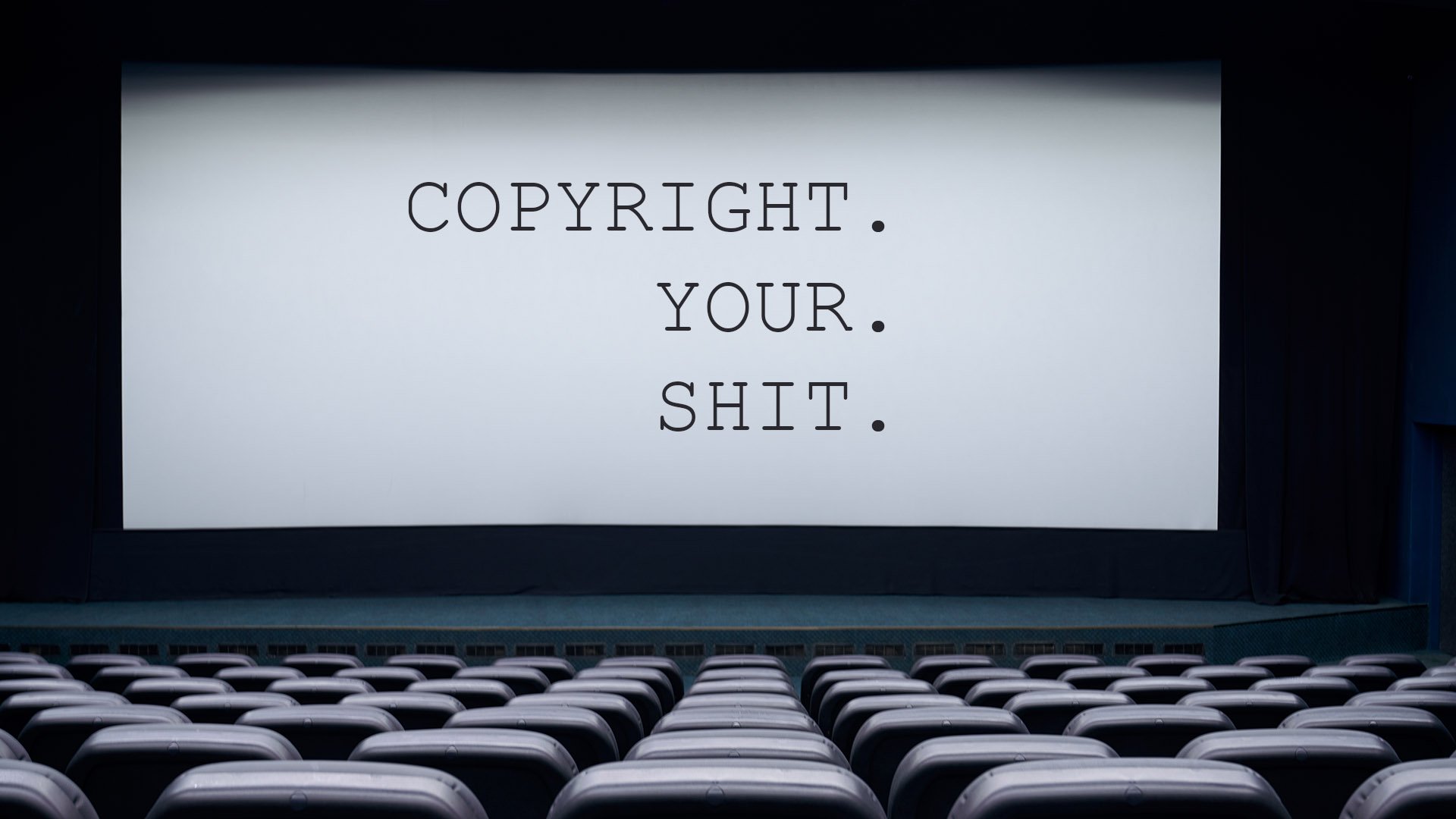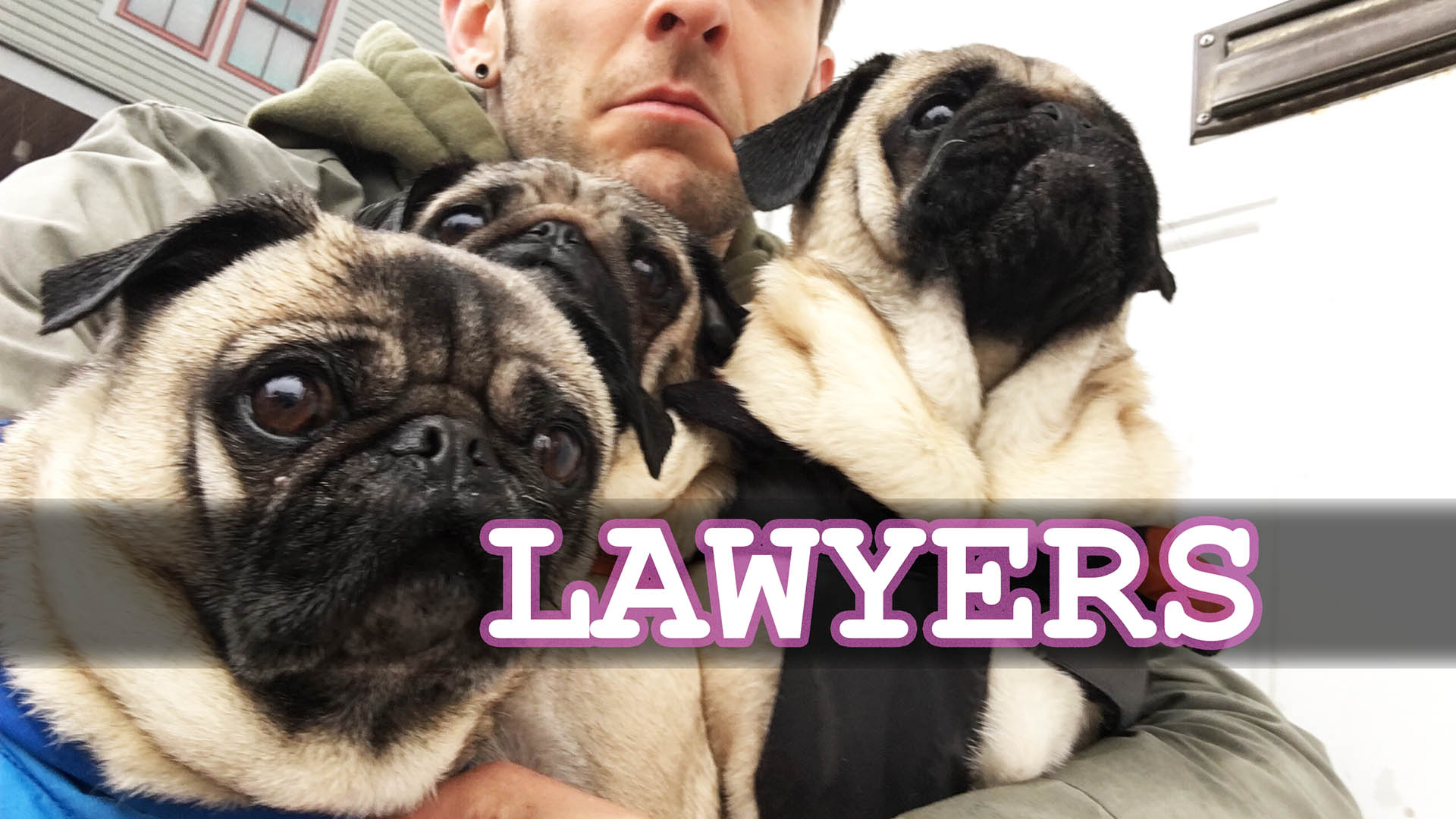Is writer’s block a real thing?
Are you feeling like you can’t write anything useful?
Time passes, you sit staring at the paper or a screen, and nothing comes out. Nothing works. It’s a problem. It’s stressing you out. It makes writing feel like an impossible burden, so you avoid doing the thing you want to do. You avoid starting or finishing that book, screenplay, whatever progress you’ve wanted to make. It just won’t go. You’re… blocked.
I remember reading an article in Wired, years and years ago, about a tech company that was trying to create a scent on-demand appliance. I think it was for the cosmetics industry. The article said the appliance had little vials of different scented oils inside, and they would be opened or closed based on which smell needed to be produced, and a little fan inside the appliance would waft out the scent. In order to test the appliance, the researchers had the journalist stick his nose into a jar of coffee grounds, because somehow the smell of coffee works like an olfactory reset button in our brains.
Later, when I was in college, working on my BFA in Creative Writing at UNC Wilmington, a professor gave us a simple exercise at the beginning of a workshop session when several people came in looking worn out and stressed around exam time. Similar to the idea of throwing a dart at a newspaper to pick stocks, you just open a book or newspaper and blindly point to a sentence, then write for 3-5 minutes exclusively on this random topic, in whatever direction you please. This has a similar effect to the coffee grounds thing on one’s deeper creative brain, effectively allowing the connections to clear. The words we wrote were disposable, and that was the key…
Let’s talk about writer’s block.
Is it a real thing? Yes and no.
It’s not a disease, and in most cases, it’s just an unproductive frame of mind.
Most often, writer’s block is symptomatic of the fear of failure.
The block comes from a place of fear, whether you’re conscious of it or not. Making the act of writing non-precious and for your own immediate satisfaction alone is the solution nine times out of ten.
The tenth case is often depression, which can require medical intervention, and I’m in no way qualified to address it here. If you are feeling depressed and agitated all the time about basically everything for no reason, you should definitely speak with a mental health professional as soon as possible, it’s often simply a chemical imbalance in the brain that can be treated with a variety of medications.
So, what do you do about it?
Metaphorically, you open your veins and bleed on the page because it gives you joy when you let what is inside you flow out. Don’t think about the next page, think only about one line at a time. That’s how you write your way out of a block.
At some point, you just have to let the pressure you’ve allowed weigh on your heart to pass. Say to yourself something like…
This line is going to be trash, and it almost certainly won’t be productive, but if I write a hundred lines, and then even a hundred pages, there is half a chance one of them might be good, and that’s enough to catch the wind and sail on. I know I have to go through the shit and the doldrums to get to the good stuff, but not every comma has to be gold, because in the end I’ll edit, and editing is the real work. All I have to do right now is dream and write down whatever comes to mind that I feel is interesting.
Transcend self-inflicted pressure to perform and you will transcend your creative block.
Don’t worry about what people will think or what will sell during the initial writing process. That’s how you get stuck. Just focus on the joy of the words, then edit later.
You’re probably just prematurely self-censoring, and it’s gumming up the works because idea generation and critical thinking are separate processes. Most people can’t really run them simultaneously. That’s why when you’re brainstorming it’s important to just write everything down and not make any judgments about the ideas while they’re flowing.
Write, then edit. Don’t edit as you write.
Any time you feel like you’re hitting a wall with your writing, step back and dismiss the idea that you need to be accomplishing something concrete at every moment, even if you’re on a deadline. You shouldn’t try to make rational decisions while you’re writing, you do that after you write.
The best cure for writer’s block is low-pressure writing.
Here is a simple exercise:
Use the “Random” feature on Wikipedia here: https://en.m.wikipedia.org/wiki/Special:Random
Every time you click that link, it will give you a new Wikipedia entry.
Whatever comes up, use it as a writing prompt for 5 minutes of freewriting that you can assume you’ll immediately discard. Repeat. Repeat. Repeat. It will help get the lead out.
—— written by Charles Beckwith, January 13th, 2022

